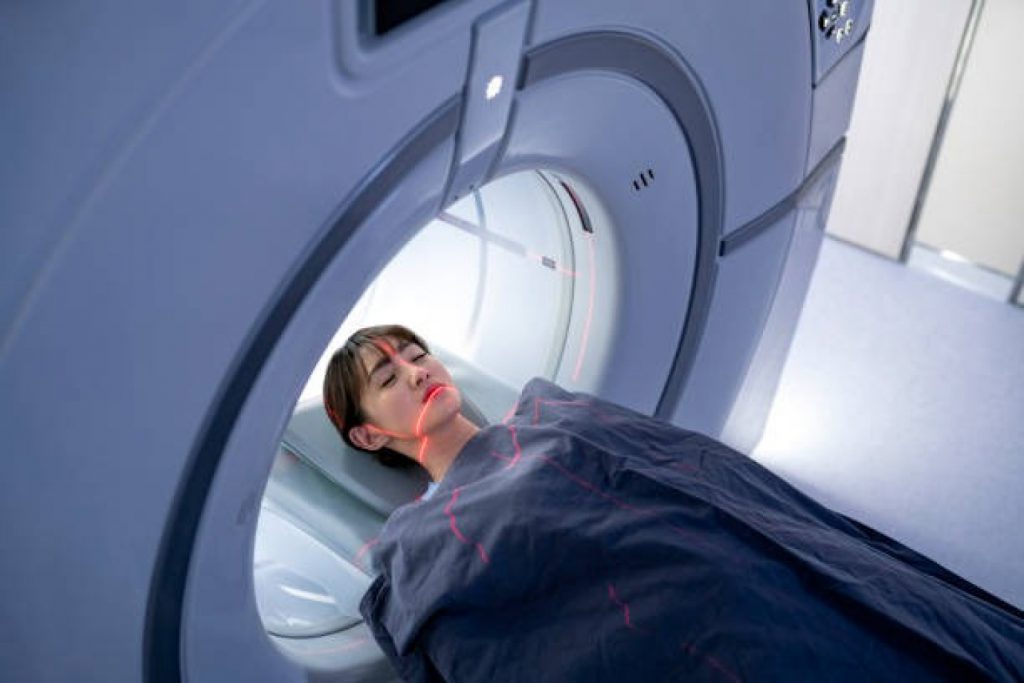
Magnetic Resonance Imaging (MRI) is an imaging technology that uses magnetic fields and resonance frequencies. Its principle is to use its strong magnetic field to temporarily rearrange the hydrogen atoms in the human body, and release unique signals through radio. After precision receiving instruments and computer calculations, unique multi-angle images and information are formed. Unlike X-rays or computer scans, MRI scans do not contain radiation.

Compared with other imaging examination methods, magnetic resonance scanning is superior in examining the body’s soft tissues and nerve tissues. It is more commonly used to examine the brain, spinal nerves, joints, ligaments and muscles, heart, blood vessels, abdominal and pelvic organs, etc. Magnetic resonance scanning can also be used to diagnose some cancers. In addition to helping to detect the location of tumors, it also assists doctors in planning patients’ treatment plans and monitoring changes in tumors during treatment.Safety instructions
